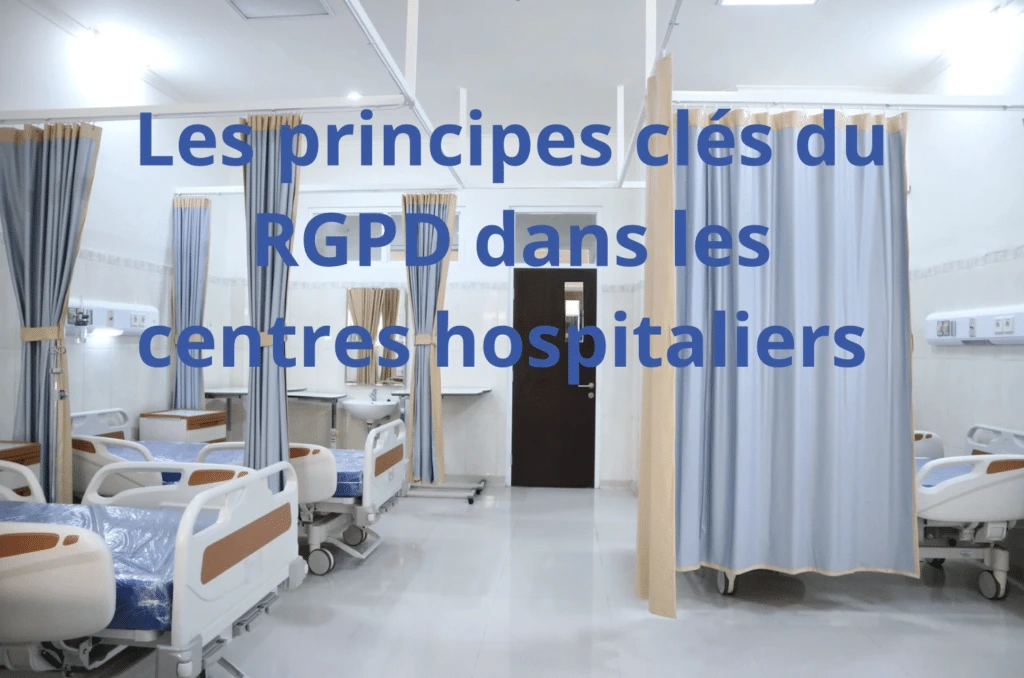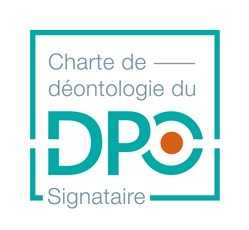The General Data Protection Regulation (GDPR) is a European legal framework that establishes key principles for the protection of personal data. These principles apply to all sectors, including healthcare and hospitals. In this article, we will explore the fundamental principles of the GDPR and their importance for hospitals.
The fundamental principles of GDPR
The GDPR is based on several key principles that guide the collection, processing, and retention of personal data. Here are the main GDPR principles and their application in the context of hospitals.
Lawfulness, fairness, and transparency of processing
Hospitals must ensure that all personal data is collected and processed lawfully, fairly, and transparently. This means informing patients clearly and understandably about the purposes of data processing, the legal bases that justify it, and their data protection rights.
Concrete example: When a patient is admitted to a hospital, they must be informed about how their personal data will be used for medical, research, or administrative purposes. This information should be provided transparently, through an information document or a privacy policy.
Purpose limitation
Hospitals must ensure that personal data is collected and processed only for the specific purposes for which it was initially collected. Data must not be used in a way that is incompatible with these original purposes.
Concrete example: A hospital cannot use a patient’s data collected for medical treatment purposes for advertising campaigns without obtaining the patient’s specific consent.
Data minimization
Hospitals must collect only the personal data necessary for the specified purposes. It is important to limit the amount of data collected and ensure that it is relevant, adequate, and not excessive in relation to the intended objectives.
Concrete example: When admitting a patient, only essential medical information required for care and treatment should be collected. It is important to avoid collecting excessive data that is not relevant to medical care.
Accuracy of data
Hospitals must ensure that the personal data collected is accurate and kept up to date. Measures should be in place to correct and delete inaccurate or outdated data.
Concrete example: If a patient changes their address or phone number, it is the hospital’s responsibility to update this information in their medical record to ensure effective and accurate communication.
Limited retention
Hospitals must define appropriate retention periods for personal data, ensuring that it is only kept for as long as necessary for the specific purposes for which it was collected.
Concrete example: A patient’s health data must be retained in compliance with legal requirements and professional recommendations. Once the appropriate retention period has expired, the data must be securely deleted.
Integrity and confidentiality of data
Hospitals are required to implement appropriate technical and organizational security measures to protect personal data against unauthorized access, disclosure, alteration, or destruction.
Concrete example: Hospitals must implement IT security protocols, physical access controls, and strict confidentiality policies to protect patients’ health data from cyberattacks, leaks, or misuse.
Accountability
Hospitals must demonstrate their compliance with GDPR by implementing appropriate internal policies and procedures and appointing a Data Protection Officer (DPO) responsible for overseeing data protection matters.
Concrete example: A hospital can appoint a Data Protection Officer (DPO) responsible for ensuring GDPR compliance, conducting regular internal audits, and raising staff awareness and training on best data protection practices.
Conclusion
GDPR compliance is essential for hospitals to ensure the protection of patients’ personal data. By adhering to the key principles of GDPR, hospitals can strengthen patient trust, improve data security, and comply with international data protection standards.
At MY DATA SOLUTION, we understand the unique challenges hospitals face in GDPR compliance. We offer tailored solutions such as specialized training, data management tools, and consulting services to help hospitals meet GDPR requirements and protect their patients’ data.
#GDPR #DataProtection #Hospitals #GDPRCompliance #DataSecurity #PatientTrust #MYDATASOLUTION





